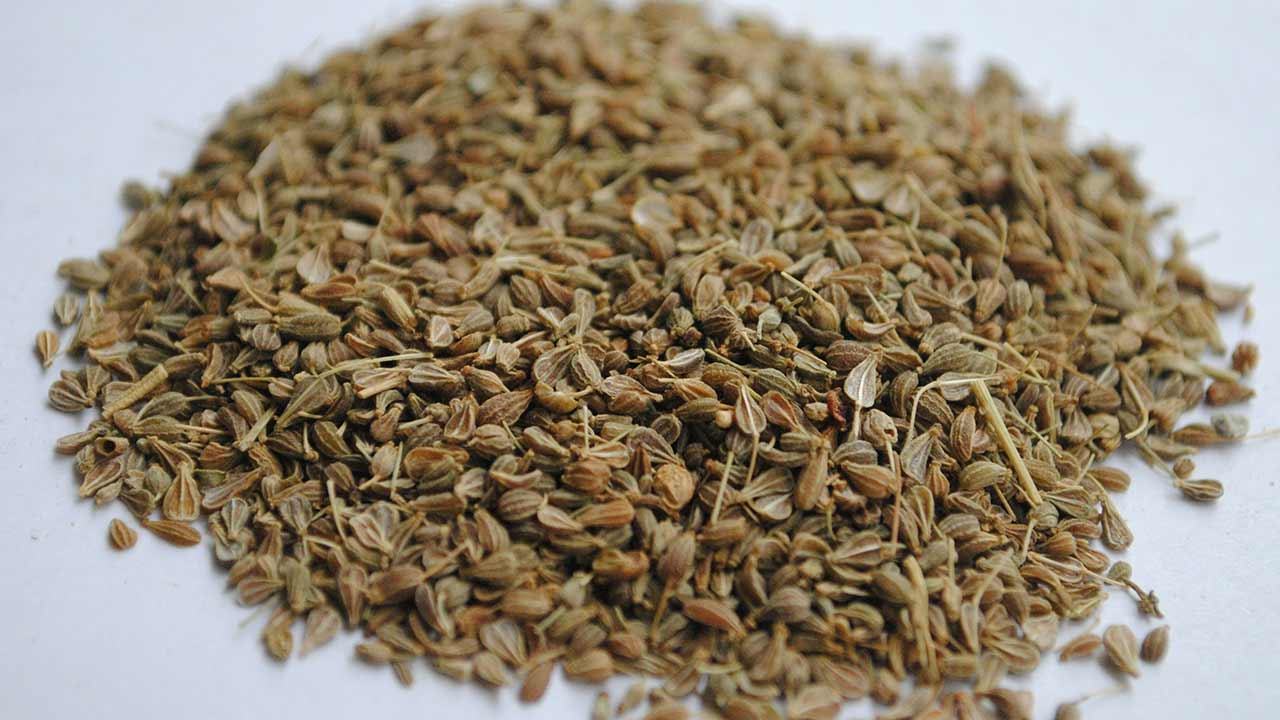New CBD-Like Compounds Created from Caraway Seeds
Summarize

Researchers reported in a study published in the journal Neuropsychopharmacology that they had developed a new class of compounds similar to CBD. The researchers genetically manipulated caraway seeds to resemble the molecular structure of cannabidiol. The new compounds, when administered to C57BL adult mice and a developmental model of recurrent convulsive conditions, showed promising results in reducing these neurological events. C57BL mice are a research strain. This breakthrough offers hope for a more effective treatment for conditions characterized by recurrent convulsive episodes and related neurological disorders.
Psychology students and faculty at the University of Nevada, Las Vegas (UNLV), along with colleagues at New Mexico State University, have achieved a significant milestone in medical research. They genetically manipulated the common household spice caraway seeds to create fully synthetic compounds that are free of THC. This groundbreaking research, supported by National Institutes of Health grants, has the potential to pave the way for new therapies for neurological disorders.
Dustin Hines, study co-author and Professor of Neuroscience at UNLV, said,
“These fully synthetic compounds, made from a safe plant extract and free of THC, not only prevented these neurological disorders but also promoted healthier brain cell development — without the sedative side effects of current treatments. Childhood neurological disorders are often resistant to available drugs, and the current frontline therapies can severely affect brain development, cognition, and quality of life, making the discovery especially promising.”
Currently, the only FDA-approved CBD prescription drug is Epidiolex, which is derived from cannabis. It is only prescribed to patients who experience hard-to-treat neurological disorders involving repeated convulsive events. It is also highly regulated because of the legal status of cannabis. The fully synthetic carvone-derived compound would not be subject to the complex regulatory requirements that cannabis-derived medications are subject to. Carvone is a naturally occurring monoterpene ketone found in essential oils. Since it is not CBD or THC, it would be easier to gain novel drug approval should further research lead to their development.
This research was conducted to identify a new class of therapeutics for patients who are not benefiting from existing treatments or are experiencing severe side effects. This is the first research project to investigate the tolerability and effectiveness of carvone-derived compounds. This is only the beginning of research in this area, but the project authors have already published a therapeutic library of carvone-based therapeutics similar to CBD. There are approximately 3,000 plant species that produce essential oils, indicating a promising future for CBD-like therapeutics.
Share this post


0